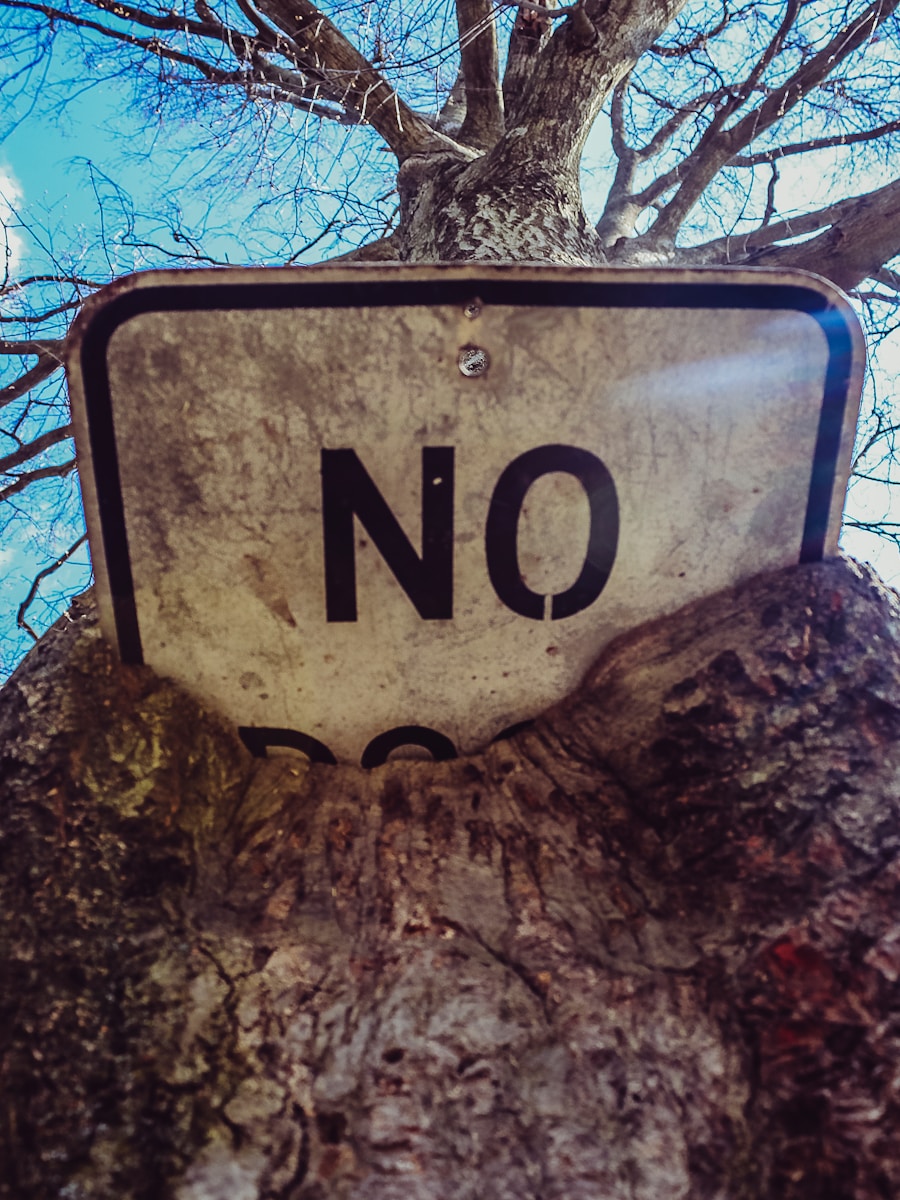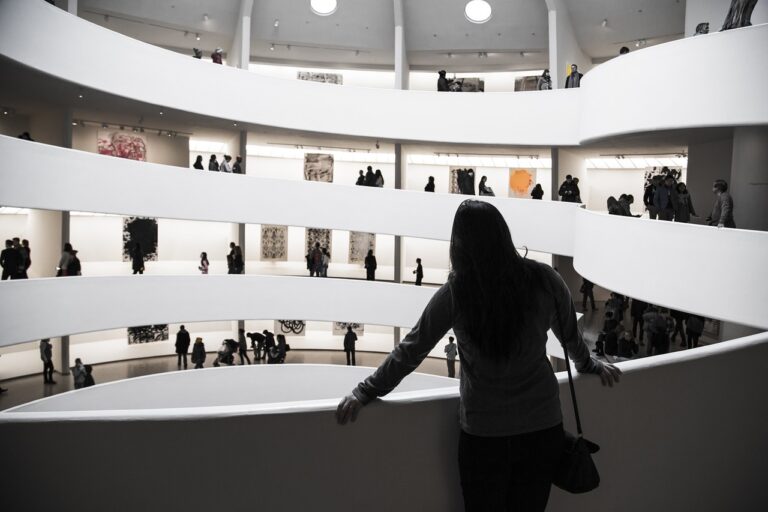The Fear of Rejection in Dating: A Common Hurdle
Ah, the fear of rejection in dating – a sentiment that many of us are all too familiar with. It’s that nagging voice in the back of our minds that whispers doubts and insecurities whenever we muster up the courage to put ourselves out there.
Whether it’s the fear of not being good enough, not being attractive enough, or just not being lovable enough, this fear can be paralyzing and hold us back from pursuing meaningful connections. When we delve deeper into the fear of rejection, we uncover its roots in our innate desire for acceptance and belonging.
Dating inherently involves vulnerability and putting ourselves in a position where we risk being turned down or dismissed. This vulnerability can trigger our deepest insecurities and past wounds, making rejection feel like a personal attack on our worth.
The Importance of Overcoming Fear for Personal Growth
While it may seem easier to avoid rejection altogether by staying within our comfort zones, facing this fear head-on is crucial for personal growth and self-discovery. By confronting our fears of rejection in dating, we open ourselves up to new experiences, opportunities for learning about ourselves, and ultimately fostering greater self-confidence. Moreover, overcoming the fear of rejection is paramount for cultivating fulfilling relationships.
When we allow fear to dictate our actions in dating scenarios, we may inadvertently sabotage potential connections or settle for less than what we deserve out of a relationship. By conquering this fear, we empower ourselves to approach dating with authenticity, resilience, and an openness to genuine emotional connections.
The Psychology Behind Fear of Rejection
When it comes to the fear of rejection in dating, our minds play a crucial role in how we perceive and react to potential rejection. Psychologically, the fear of rejection stems from our innate need for acceptance and belonging.
Evolutionarily, humans are wired to seek connections with others as a means of survival. Rejection can trigger feelings of isolation and unworthiness, activating our brain’s threat response system.
Moreover, the fear of rejection often intertwines with our self-esteem and sense of identity. Rejection can feel like a personal attack on our worth as individuals, leading to feelings of inadequacy and self-doubt.
This psychological aspect is deeply rooted in our belief systems about ourselves and how we think others perceive us. Negative self-talk and inner criticism can amplify the fear of rejection by reinforcing these damaging beliefs.
Additionally, social comparison plays a significant role in exacerbating the fear of rejection. In today’s interconnected world, we are constantly exposed to curated versions of others’ lives on social media platforms.
This comparison trap fuels insecurities and magnifies the fear of not measuring up or being accepted by potential partners. Understanding these psychological underpinnings is essential in addressing and overcoming the fear of rejection in dating.
How Past Experiences Shape Our Fear Responses
Our past experiences play a pivotal role in shaping how we respond to situations involving potential rejection. Childhood experiences, early relationships, and previous dating encounters all contribute to our current fears around rejection. For instance, if one has experienced significant rejections or abandonment during childhood or adolescence, it can create deep-seated insecurities that manifest in adult relationships.
Furthermore, repeated experiences of rejection or heartbreak can create emotional scars that influence future interactions with potential romantic partners. These past wounds act as emotional triggers that heighten sensitivity to perceived signs of impending rejection.
Over time, individuals may develop defense mechanisms such as avoidance or emotional detachment as coping strategies to shield themselves from experiencing similar pain again. Additionally, cultural influences and societal norms also shape our responses to rejection in dating scenarios.
Societal pressures around success in relationships, beauty standards, or gender roles can exacerbate fears of not meeting these expectations and facing judgment or dismissal from others. Acknowledging how past experiences have influenced your fear responses is crucial for unpacking underlying triggers and working towards healing and growth in future relationships.
Building Self-Confidence
Embracing your strengths and uniqueness is a fundamental aspect of building self-confidence when it comes to dating. Instead of focusing on what you perceive as flaws or shortcomings, take the time to appreciate all the wonderful qualities that make you who you are. Whether it’s your sense of humor, compassion, intelligence, or creativity, these are the traits that make you unique and special.
By embracing your strengths, you’ll exude a natural confidence that is attractive to others. Setting realistic expectations for yourself is another key component of building self-confidence in the realm of dating.
It’s essential to remember that no one is perfect, and everyone has their own insecurities and vulnerabilities. Rather than striving for an unattainable ideal, focus on being the best version of yourself.
Set realistic goals for your interactions with potential partners and understand that rejection is a natural part of the dating process. By setting achievable expectations, you’ll be better equipped to handle rejection with grace and resilience.
Practicing Vulnerability
Opening up about your feelings and insecurities can be daunting, especially when faced with the fear of rejection. However, practicing vulnerability is crucial in establishing genuine connections with others. By sharing your true thoughts and emotions with someone you’re interested in, you create an authentic bond based on openness and honesty.
Remember that vulnerability is not a sign of weakness but rather a display of courage and strength. Allowing yourself to be authentic in dating interactions involves being true to who you are without putting on airs or pretending to be someone you’re not.
Authenticity breeds trust and fosters genuine connections with potential partners. When you allow yourself to be vulnerable and authentic in your interactions, you invite others to do the same, creating a space where both parties can express themselves freely without fear of judgment or rejection.
Conclusion
Recap of strategies discussed
In this article, we’ve explored five powerful strategies to help you overcome the fear of rejection in dating. We started by understanding the psychology behind this fear and how past experiences shape our responses.
Building self-confidence, practicing vulnerability, reframing rejection as a learning opportunity, seeking support from friends and therapists, and taking action despite fear were the key strategies we discussed in detail. Each of these approaches is designed to empower you on your journey towards developing a healthier attitude towards rejection.
Encouragement for readers to start their journey towards overcoming the fear of rejection in dating
Embracing vulnerability and facing rejection head-on can be daunting tasks, but remember that growth often happens outside your comfort zone. By implementing the strategies outlined in this article, you are taking proactive steps towards personal development and creating more meaningful connections with others. It’s essential to be kind to yourself throughout this process and celebrate every small victory along the way.
Remember, every experience, whether positive or challenging, is an opportunity for growth and self-discovery. Overcoming the fear of rejection is a gradual process that requires patience and persistence.
By acknowledging your fears and actively working on them, you are already making significant progress towards leading a more fulfilling dating life. Keep in mind that everyone faces rejection at some point – it’s a natural part of life’s journey.
Stay positive, stay resilient, and trust that each step you take brings you closer to finding genuine connections that resonate with your authentic self. Embrace the unknown with an open heart, for it is through vulnerability that true love and personal growth flourish.






